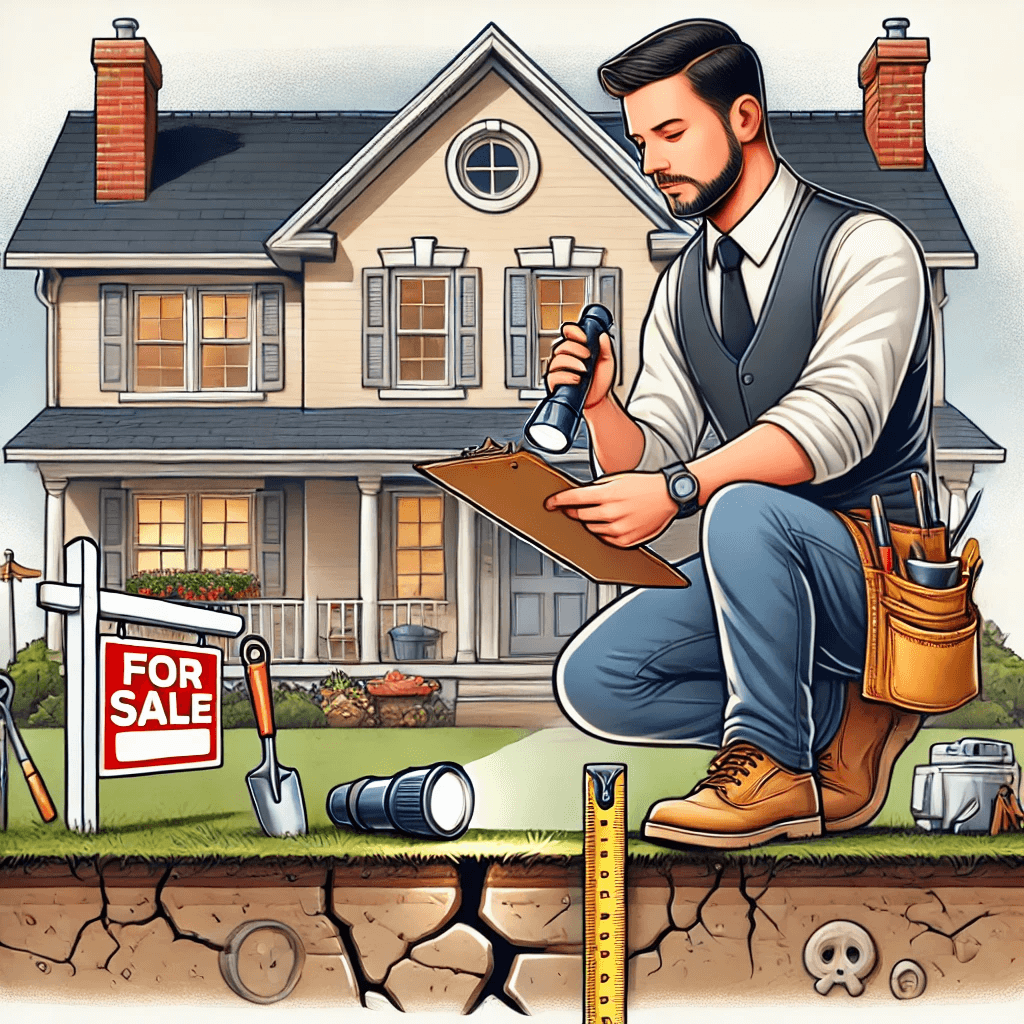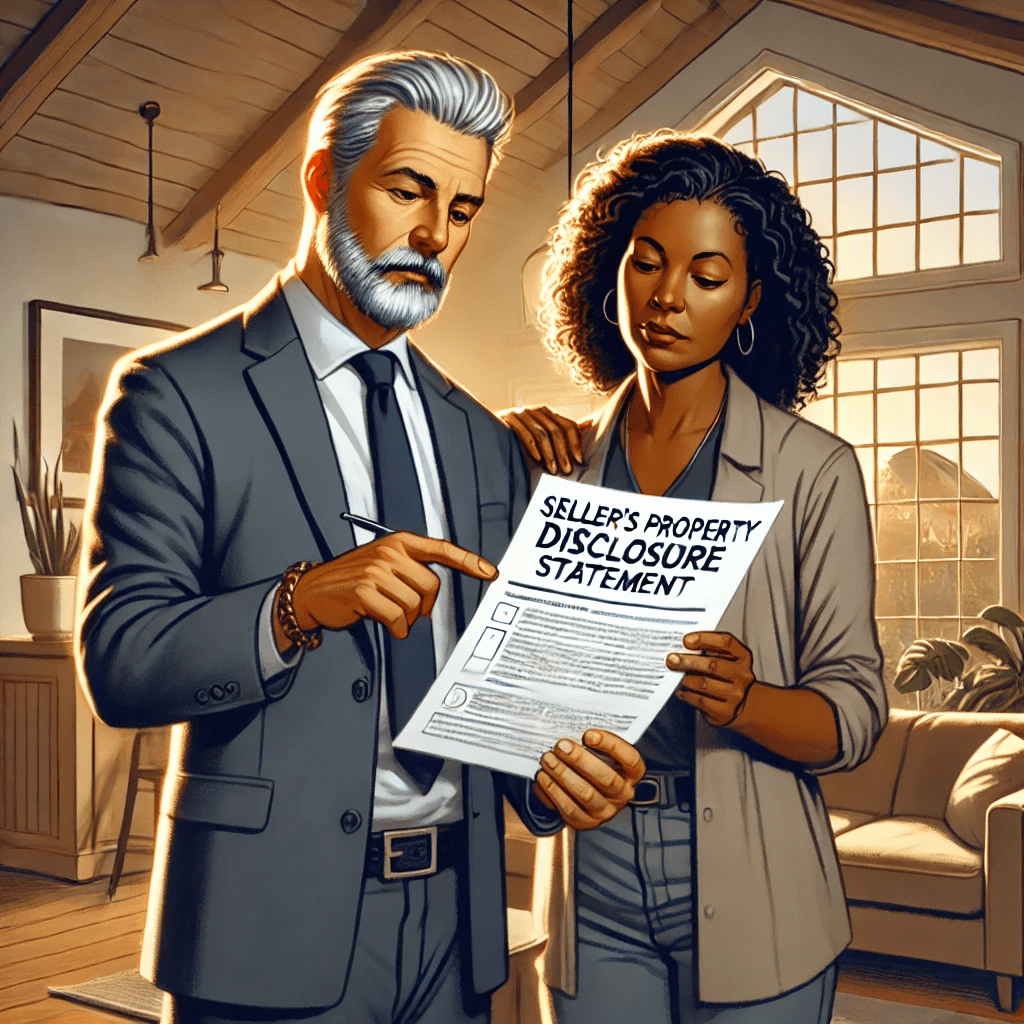Georgia Real Estate Disclosure Laws: Key Requirements & Seller Obligations

Introduction
Buying or selling a home in Georgia involves navigating a set of legal requirements, one of which is the obligation for sellers and real estate agents to disclose known defects in the property. This article provides an in-depth look at the seller disclosure obligations in Georgia, outlining the legal framework, the responsibilities of sellers and agents, and the implications for buyers.
Seller Disclosure Obligations
In Georgia, sellers are required by law to disclose any known material defects in the property that could significantly affect its value, safety, or usability. This obligation arises from both common law and statutory requirements, aiming to ensure that buyers are adequately informed before making a purchase decision.
Definition of Material Defects
Material defects refer to issues that could considerably impact the property's value or pose safety risks. Examples include structural problems such as foundation cracks, roof leaks, plumbing or electrical system failures, and environmental hazards like mold or termite infestations. Understanding what constitutes a material defect is crucial for sellers to comply with disclosure obligations.
Common Law vs. Statutory Requirements
Georgia’s disclosure requirements are grounded in common law, with additional guidelines provided by statutory provisions. Under common law, sellers are expected to act in good faith, disclosing any significant defects they are aware of. Statutory requirements further define these obligations, although they do not mandate active investigations into potential defects.
Role of Real Estate Agents
Real estate agents representing sellers have a legal duty to disclose any known defects as well. They must act in good faith and cannot intentionally withhold information that could influence a buyer’s decision. Agents play a critical role in guiding sellers through the disclosure process, ensuring that all relevant information is accurately presented to prospective buyers.
Seller’s Property Disclosure Statement
The Georgia Association of Realtors provides a standard Seller’s Property Disclosure Statement, which, while not mandatory, is widely used to document known issues with the property. This form covers various aspects, including the condition of the roof, appliances, plumbing, and any history of repairs or damage. It serves as a valuable tool for sellers to fulfill their disclosure obligations systematically.
Voluntary vs. Mandatory Disclosures
While completing the Seller’s Property Disclosure Statement is voluntary, disclosing known defects is mandatory. Sellers must ensure that all known material defects are communicated to potential buyers, whether through the disclosure statement or other means. Failure to do so can result in legal repercussions.
Caveat Emptor - Buyer Beware Principle
Georgia follows the "Buyer Beware" or "Caveat Emptor" principle, meaning the responsibility to uncover defects lies primarily with the buyer. This doctrine places an emphasis on the buyer conducting thorough inspections and investigations. However, it does not absolve sellers from disclosing known defects; it simply underscores the importance of buyer due diligence.
Due Diligence by Buyers
Buyers are encouraged to conduct comprehensive inspections and seek professional evaluations to identify potential issues. Due diligence is a critical component of the home-buying process in Georgia, as it helps buyers make informed decisions and negotiate repairs or price adjustments based on the findings.
Legal Consequences of Non-Disclosure
Failing to disclose known defects can have serious legal consequences for both sellers and their agents. Buyers who discover undisclosed defects after purchase may file lawsuits for misrepresentation or fraud, seeking remedies such as contract rescission or financial compensation for damages. To avoid such outcomes, it is imperative for sellers and agents to adhere strictly to disclosure obligations.
Case Studies of Disclosure Failures
Examining real-life cases where disclosure failures led to legal disputes can provide valuable insights. For instance, sellers who neglected to disclose major foundation issues faced lawsuits that resulted in costly settlements or court judgments. These examples highlight the importance of transparency in real estate transactions.
How to Properly Disclose Defects
To properly disclose defects, sellers should use the Seller’s Property Disclosure Statement as a guide, ensuring all known issues are documented accurately. Real estate agents should review the disclosures to verify completeness and accuracy, advising sellers on any additional information that may need to be disclosed.
Disclosures Beyond Physical Defects
Beyond physical defects, sellers may also need to disclose non-physical issues such as zoning disputes, neighborhood nuisances, or historical property damage. Understanding the full scope of disclosure requirements is essential for compliance and for maintaining the trust of potential buyers.
Consulting a Real Estate Attorney
For both buyers and sellers, consulting a real estate attorney can provide clarity on disclosure obligations and protect against potential legal challenges. Attorneys can offer expert advice tailored to the specifics of each transaction, ensuring all parties are fully informed and compliant with Georgia’s disclosure laws.

Conclusion
In Georgia, the obligation to disclose known defects in a property is a critical aspect of real estate transactions. Sellers and agents must act in good faith, providing all relevant information to potential buyers. By understanding and adhering to disclosure laws, sellers can facilitate smoother transactions and avoid legal pitfalls, while buyers can make more informed purchasing decisions.
Frequently Asked Questions (FAQs)
-
What is considered a material defect in Georgia?
A material defect is any issue that significantly affects the property's value, safety, or usability, such as structural damage, faulty wiring, or mold. -
Are sellers required to fill out the Seller’s Property Disclosure Statement?
No, the statement is not mandatory but is highly recommended as it helps ensure that all known defects are properly disclosed. -
What happens if a seller fails to disclose a known defect?
The seller could face legal consequences, including lawsuits for misrepresentation or fraud, and may be required to compensate the buyer or cancel the sale. -
Do real estate agents have to disclose defects they are aware of?
Yes, agents are obligated to disclose any known defects and must act in good faith throughout the transaction. -
Can buyers hold sellers accountable for undiscovered defects after closing?
Buyers may pursue legal action if they can prove that the seller intentionally withheld information about known defects. -
Should buyers still conduct home inspections even if disclosures are provided?
Yes, buyers should always perform due diligence, including home inspections, to identify any defects that may not have been disclosed.
Categories
- All Blogs (442)
- Achasta Golf Community (59)
- Cleveland, GA (26)
- Dacula, GA (22)
- Dahlonega GA (98)
- Dawsonville, GA (21)
- Gainesville, GA (29)
- Gold Peach Realty (5)
- Helen, GA (29)
- Home Buying Tips (17)
- Home Décor And Interior Design (7)
- Home Improvement Tips (15)
- Home Selling Tips (20)
- Homes For Sale (43)
- Lake Lanier, GA (49)
- Local Events (13)
- Local Guides (15)
- Mortgage And Finance Tips (23)
- North Georgia (6)
Recent Posts










